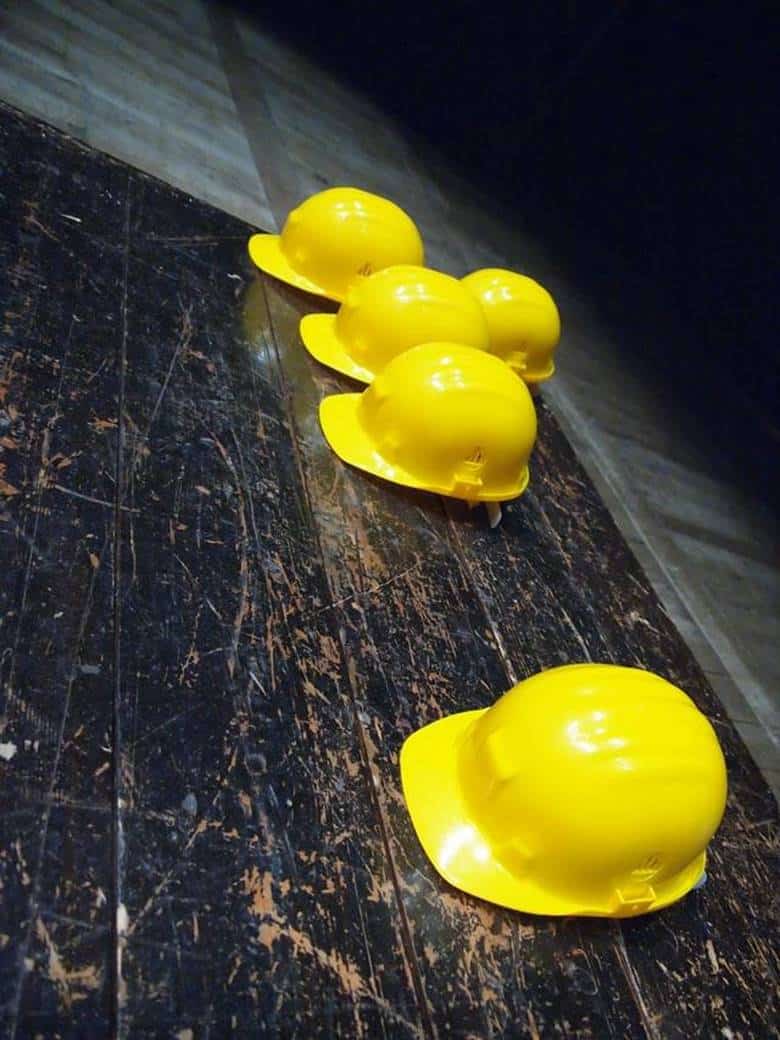Construction bonds are a “surety” bond that is required from contractors by investors with the varied jobs performed. Investors receive a level of protection with the bond from potential disruption to delay completion based on a contractor’s neglect in finishing agreed-upon contractual tasks as specified, along with the possibility of financial loss.

Essentially this is reminiscent of a sort of insurance for investors and the project owner. Coverage if the contractor falters on their guarantee or promises to meet the obligations outlined in the agreement without fail.
Construction bonds, visit contractorbond.org for details, are also referenced as contract bonds that guarantee the performance, bid, or payment on specific projects. These state that the contractual obligation will be completed according to the terms stated in the initial bid agreement awarded to the contractor.
That indicates all deadlines will be satisfied, the workers and supplies for completion will be paid, and the project will be finished abiding by the regulations, laws, and standards. The standard 3 construction bond types are Bid, Performance, and Payment.
Based on your role with a project, you could be mandated to acquire a contract bond, meaning you’ll need to know the differences between them and research to find the best rates when required to obtain one.
What Is A Bid Bond
The “bid bond” provides a guarantee when submitting a bid for the project that the bid is authentic, legitimate, accurate, and will lateral lead to a payment and performance bond. These are standard on public projects with the consideration of offering a level of financial security for proposals.
The indication is that a well-qualified “surety firm” offers guidance in securing the bid bond required to assist in being awarded the bid so you can move forward with the project. Even if you’re a small company, a large bid bond allows competition with even those seasoned in the industry to promote development and growth.
What Is A Payment Bond
A payment bond goes somewhat hand-in-hand with a performance bond often, but it is possible that these be acquired as a stand-alone. These offer assurance that subcontractors and the vendors supplying the materials plus all hired hands will be paid for a particular contract by the overseeing contractor. It further guarantees there will be no lien attached to the work.
These are critical on many construction projects since they ensure those involved with the project will be paid timely and in full throughout the entire process. If the contractor fails to make a payment to one of the parties, the project owner can use the payment bond to file a claim against the contractor so they can issue payments.
The aim is that there will be no personal financial loss for the project owner if the contractor lapses on their payments since the surety will cover those costs, and the contractor will be responsible for the surety at that point.

What Is A Performance Bond
A contractor obtains a performance bond in order to guarantee their performance to the obligations set forth with a construction agreement. These often pair with the payment bond and are standard within the construction industry.
It says the contractor will finish the work based on the specifics of the initial agreement and according to the designated schedule.
Suppose it appears the contractor is not going to hold up their end of the agreement. In that case, the performance bond can be used for filing a claim to ensure the investor will not experience a financial loss due to the failure to meet the obligation.
Final Thought
Based on your position on a specific construction project, obtaining a contract bond might be within your role. Acquiring these might seem somewhat complex and can be perhaps intimidating if you’re new in the industry, but it doesn’t need to be.
Again, as in any new situation, there are plenty of resources to research in an effort to gain insight on methods for obtaining the bonds for your particular circumstances, plus try to speak with others in the industry. Competitors won’t give you a line on a project, but seasoned pros are about helping someone new learn the ropes.



